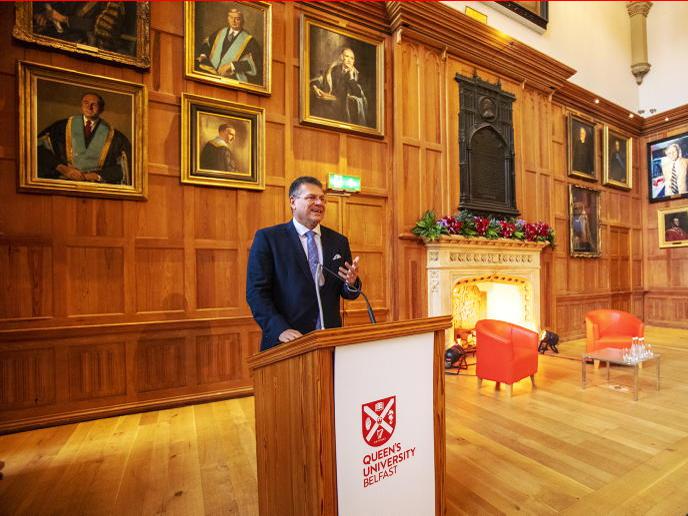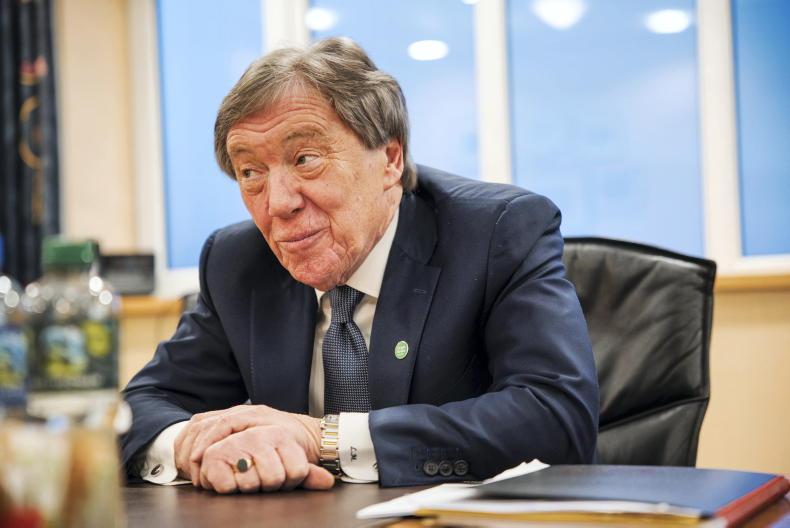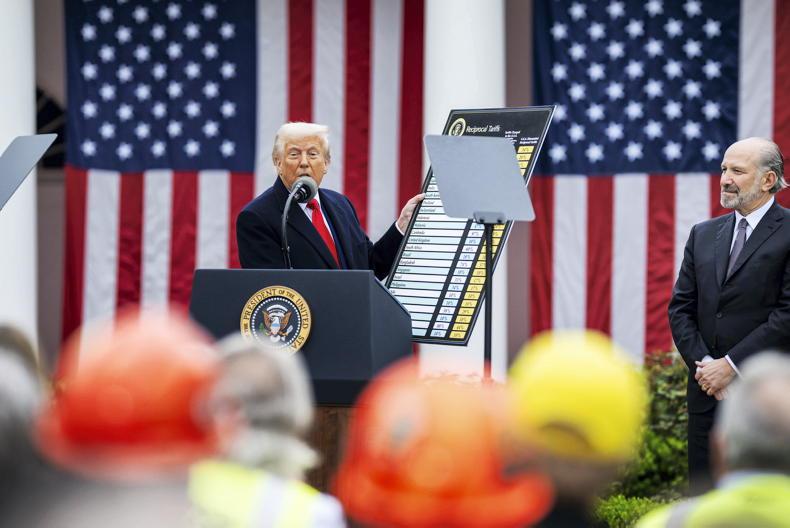Irish farmers and exporters are relieved to hear that the UK government has again postponed the introduction of sanitary and phytosanitary controls on goods of animal and plant origin entering Britain from the EU.
It had been planned that Irish agri-food exports would be required to have a veterinary certificate from 1 October and be subject to checks at British ports from 1 January 2022.
Much work has been going into preparation for certification of consignments to Britain
However, with pictures of empty supermarket shelves doing the rounds on social media, the UK government has decided that introduction of veterinary certificates and checks will now be deferred until 1 July 2022.
This move is welcomed by Irish exporters and farmers even though preparations were at an advanced stage.
Cormac Healy from Meat Industry Ireland explained to the Irish Farmers Journal: “Much work has been going into preparation for certification of consignments to Britain. It represents a very significant additional administration and cost burden, and any deferral is welcome.”
Second postponement
This is a second deferral by the UK – the 1 October date was a pushback from 1 March when the UK was originally scheduled to introduce full sanitary and phytosanitary (SPS) controls.
The only way that full SPS controls can be avoided is if the UK were to change its mind
However, the reality for Irish farmers and exporters is that these trade barriers are still scheduled to take effect at a future date, meaning that there will be a cost when they eventually are introduced.
The only way that full SPS controls can be avoided is if the UK were to change its mind and align with EU veterinary standards at least on an interim basis.
Veterinary alignment would put UK exporters back on the same footing as its EU counterparts for EU-UK trade
This has been offered and rejected by the UK which appears ironic in that it is only the EU that has been imposing border controls since the beginning of the year, while the UK has chosen to keep an open door for imports from the EU.
Veterinary alignment would put UK exporters back on the same footing as its EU counterparts for EU-UK trade and go a long way to solving the issues with the Northern Ireland Protocol. It too has returned to the news over the past week.
Another Protocol wrangle
Just when it appeared that the EU had been persuaded of the need to develop a solution that would recognise the unique position of Northern Ireland as part of the UK single market, as well as the EU single market, politics appears to have intervened.
EU vice-president Maroš Šefcovic, presented a new style of EU approach to implementation of the Northern Ireland Protocol on his two-day visit to Northern Ireland last week.
It was based on finding solutions within the framework of the Protocol to minimise border controls on trade between Britain and Northern Ireland.
However, his UK counterpart, Lord Frost told a House of Lords debate this week that while “simply scrapping the Protocol is not a solution,” but that “there needs to be a real negotiation between us and the EU”. He also warned the EU that “it would be making a significant mistake if it thought we were not ready to use Article 16,” the mechanism for suspending the NI Protocol.
It is difficult to know if EU-UK wrangling is a Mexican standoff as both parties wrestle with words around finding a way to make the NI Protocol work with a minimum of inconvenience or if it is a genuine crisis with the potential to torpedo trade on the island of Ireland.
Whatever its political sensitivities, the Protocol or a variation of it is the mechanism for keeping uninterrupted cross-border trade, enabling NI milk and sheep producers sell to processors south of the border and vice versa for Republic of Ireland beef and pig producers.
Whether that is achieved by renegotiation or finding flexibilities within the existing agreement won’t matter to farmers selling their produce even if it is a big deal in wider politics.
With the UK pushing back their introduction of border controls again, there is perhaps the opportunity to revisit veterinary alignment. This would be the ultimate win-win situation, defusing the controversial aspects of the NI Protocol and enabling Republic of Ireland exports to Britain, as well as British exports to the EU, operate without veterinary certificates and inspections. Even electronic certification would be progress. That would be the pragmatic outcome but then when did pragmatic and Brexit ever fit in the same sentence?









SHARING OPTIONS